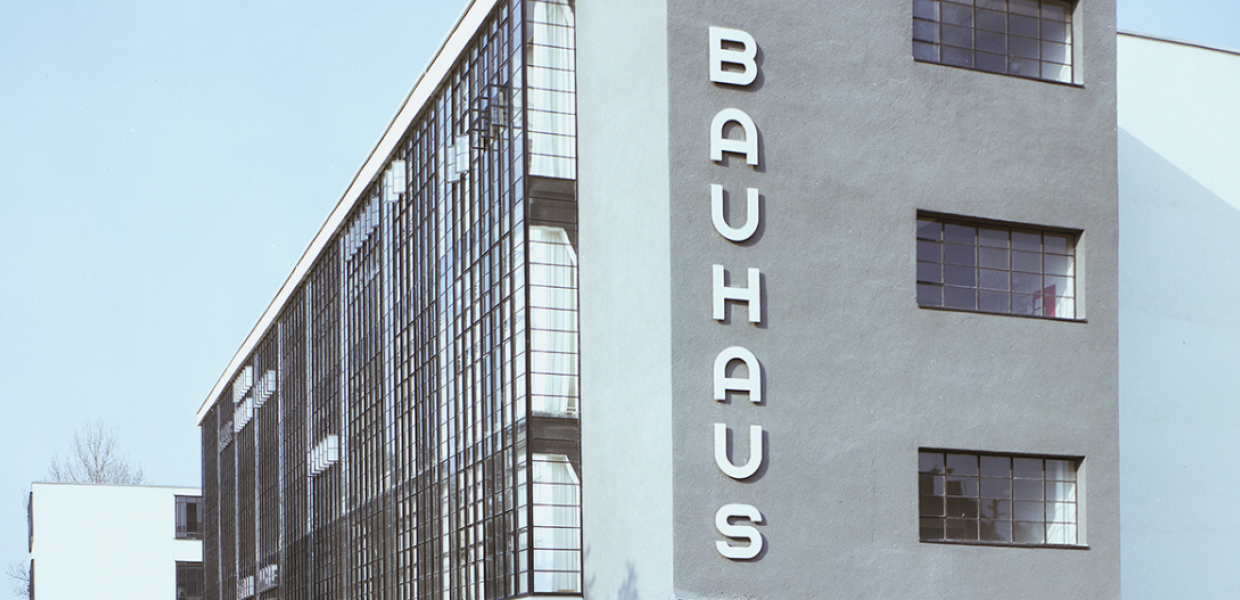Why is a digital public space an important topic for the cultural heritage sector?
The digital space is integral to how we all live today. It’s often where we find ourselves working, playing and coming together. It is as much a part of our daily life as our physical surroundings, and increasingly it’s also how we use and experience those physical spaces.
How the cultural heritage sector works, shares and connects with its communities within that digital space is important, because access to cultural heritage is vital to society - to our knowledge and understanding of who we are, where we've come from and what we can become.
The digital space, and digital technologies, can help to democratise that access in ways that promote inclusivity, creativity, critical engagement, education and knowledge-sharing. All of which are essential to empowering people and creating fairer societies.
So we need to make sure that our digital space can foster these types of goals and activities.
However, the digital space isn’t always a positive environment. I think we can all, whether as citizens, professionals or public organisations, recognise that we have become increasingly reliant on the services of a small number of for-profit media platforms and there is an ongoing discussion on issues such as trust, privacy, bias and fake news. There is a growing call for an open, trusted environment and for alternative platforms - for a value-led approach to shaping that digital space.
As a sector, we need to be part of these conversations and hopefully part of the solutions too.
What activities is Europeana undertaking in this area?
The European Commission has set out a vision for digital in Europe in which citizens, public institutions and the commercial sector alike can all make full use of and benefit from digital opportunities and technologies. The hope is that this will be Europe’s ‘Digital Decade’.
The path to that vision includes the digital transformation of businesses and public services but it also introduces the idea of digital citizenship - making sure that the same rights that apply offline also apply in the digital space.
To help make that happen, the Commission is proposing and consulting on a number of 'Digital Principles', based on existing offline rights. Proposed principles include universal access to internet services, a secure and trusted online environment, universal digital education and skills, and access to digital devices, systems and services that respect the climate and environment.
The Europeana Foundation, Network Association and Aggregators’ Forum prepared and submitted a joint statement in response to the Commission's Digital Principles consultation this summer. And we encouraged the Network and the wider sector to respond too.
Our joint response broadly supported the Commission’s proposals but with two important additions - we proposed that there should be:
Universal access to cultural heritage online
An expansion to the principle of a secure online environment to an open, decentralised and trusted European digital public space.




